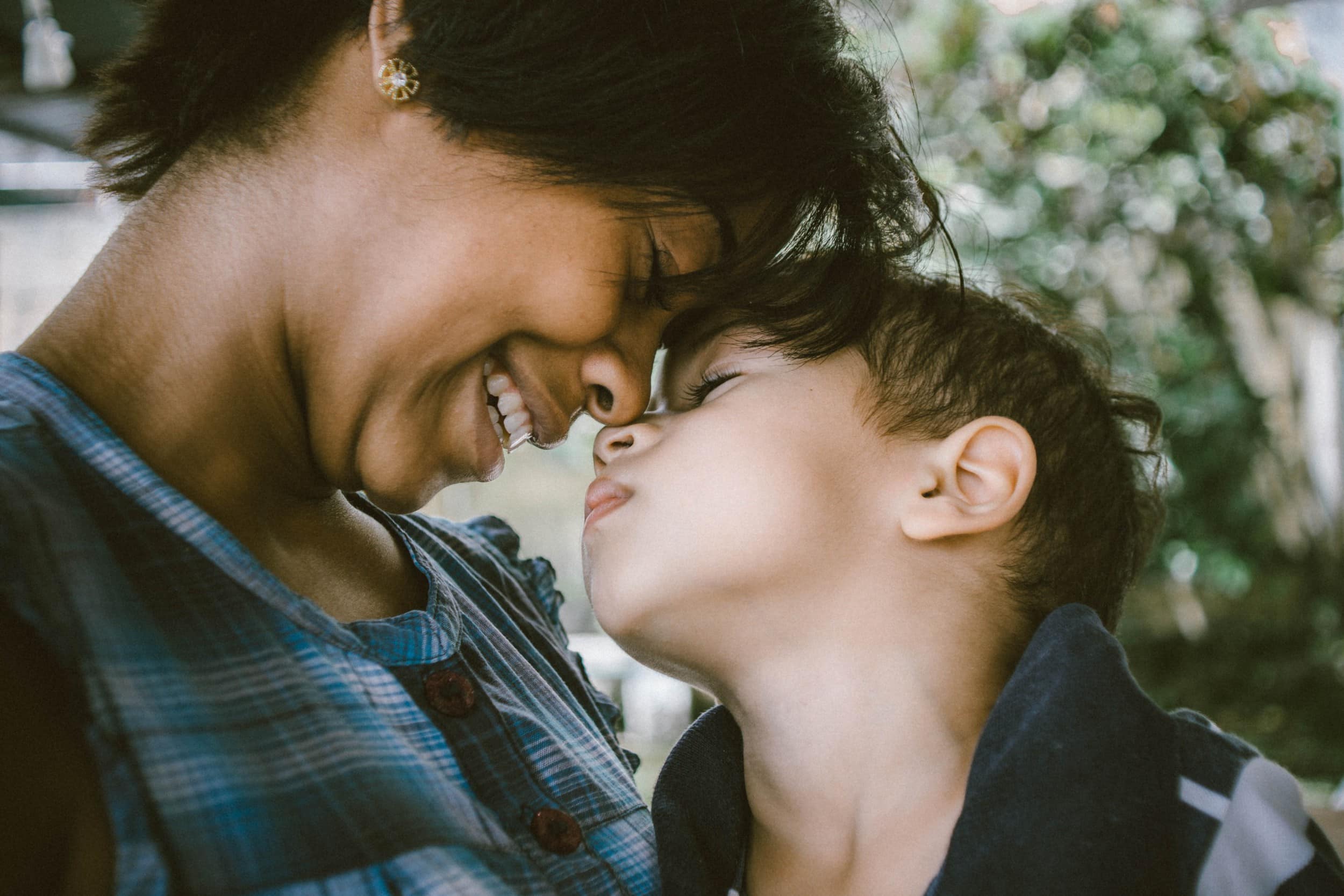Alison Gropnik, a child psychologist and researcher at Berkeley says, “attachment” between a parent [fusion_builder_container hundred_percent=”yes” overflow=”visible”][fusion_builder_row][fusion_builder_column type=”1_1″ background_position=”left top” background_color=”” border_size=”” border_color=”” border_style=”solid” spacing=”yes” background_image=”” background_repeat=”no-repeat” padding=”” margin_top=”0px” margin_bottom=”0px” class=”” id=”” animation_type=”” animation_speed=”0.3″ animation_direction=”left” hide_on_mobile=”no” center_content=”no” min_height=”none”][or teacher] and a child is just another word for “love.” My friends call it “connection.”
Love and connection flourish when we prioritize the relationship over behaviour!
Learning with the Experts
Gropnik stands popular culture’s notions for unleashing human potential upside down. She argues,
“Parenting” won’t make children learn―but caring parents let children learn by creating a secure, loving environment.
Gropnik uses powerful metaphors to help us understand that posture or lens: the carpenter or the gardener.
The Carpenter Parent is trying to construct something, has a pre-conceived notion of what “should” be, and is achievement-focused.
The Gardener Parent is trying to offer the conditions for thriving, providing all of the nurture and love required for the child to confidently explore the world around them.
Both types of parents are expressing love, but the motivation is different. The carpenter is outcome-focused, trying to shape a child in a specific way. Conversely, the gardener is primarily waiting, watering, pruning, and enjoying what emerges organically. Both are diligently attending, but with different ideas about roles. One makes something specific, the other is surrenders to what grows out of the soil.
Learn Forward sits clearly in the gardening approach.
Gropnik turns popular ideas about raising children on its head by advocating for parents to be gardeners.

My Journey
So, this week, reminded again of the power of cultivating the conditions for thriving, I was totally convicted.
As a mom and educator, too often, I am naturally a carpenter.
Born and bred in a highly defined arena, with black-and-white notions of what was acceptable or not, for years I held the belief that my role as a mother was to create little adults. Now, in round two, with our bonus baby, I still slip into this mode.
So, this week, I woke up with a new awareness and apologized. I held my little girl and said, “I love you just the way you are. Sorry for trying to make you into me.”
Did she know what I was talking about?! Absolutely not. But, her 8-year-old heart heard my sensitivity and accepted my apology sweetly.
Don’t get me wrong, we must mould children’s character. Indeed, we just must do it within the context of a strong and caring relationship. We should allow for the gentle unfolding of who our child is, remaining curious about all of their uniqueness!
It takes tremendous faith to wait and support and allow for a child’s gentle unfolding. What a worthy exploration in our own hearts!

Implications for Teachers
As usual, I don’t just write for parents or just for teachers. I think the overlap and reminders are so similar.
Teachers, can you name unique and sensational attributes of each of your students?
What is the best version of each child? Can we accept them just where they’re at while still encouraging growth?
Are you coaxing the best from each student, even if it looks different from the rest?
I just think these are the questions before the curriculum, before the lesson plan, before the report cards. These are the questions that matter most.
For the sake of the children,
Karine
P.S. Thank you for reading this post! Please share on social media and tag me if you found value. We will return to our regularly scheduled series on “Important Work” nex time.[/fusion_builder_column][/fusion_builder_row][/fusion_builder_container]

